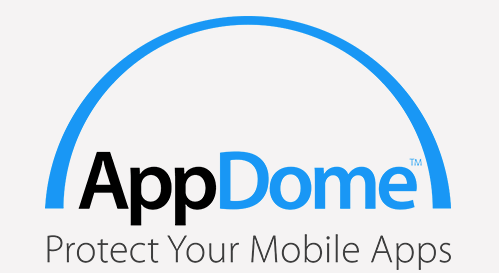Fintech News Issue #219 May 30th, 2019
Podcasts & Videos
Is Banking Finally Ready for AI?
— via Breaking BanksJP Nicols hosts Greg Palmer, VP of Finovate and Theodora Lau, Founder of Unconventional Ventures discussing some of the major themes from #FinovateSpring: Digital Banking, Financial Inclusion, and Digital Lending; and one of the themes that emerged strongly: Artificial Intelligence. We drill down on AI a little more in the second half, as Jason Henrichs hosts Einav Itamar, CEO and Co-Founder of Voca.ai.
Top Stories
What the Future of Fintech Looks Like
— via Entrepreneur AsiaE-payment has become an indispensable and specialized tool for people across the world. How will it evolve in the next five years?
Fintech Continues to Disrupt Consumer Lending
— via Morgan StanleyWe believe that “fintech” alternative lending, an asset class borne of bank disintermediation and technological innovation, may offer benefits to both borrowers and investors. Industry growth data appears to bear this out, and we think two factors have been primarily responsible for this growth.
Top Payment & FinTech Experts to Follow in 2019
— via Rethink Commerce BlogThere is so much innovation and digital transformation happening in the payments industry, it can get challenging to stay up-to-date with the latest developments. And one of the best ways to keep ourselves informed is by following the right people on social media. Here are some of our favorite Payments and FinTech influencers to follow this year (in alphabetical order)
FinTech Articles
According to recent research from peer-to-peer lender Zopa, those aged between 18 and 22 - also known as Gen Z - are no longer compelled to rely on their parents to support them financially as 35 percent of the age group and 52 percent of millennials have more than £1,000 in savings.
When will the FinTech bubble burst?
— via The FinanserReading about FinTech unicorns and pizzas worth $80 million, you would think that the world was bubbling over with wealth. FinTech investments last year peaked at over $110 billion, more than double the year before, and IPOs for firms like Uber and WeWorks are seeing valuations in the stratosphere.
Can the Market Deliver the Consolidated FinTech Tool Small Businesses Need?
— via Entrepreneur EuropeYou'd think it would have by now, but it may before long.
Everyday fintech use cases for A.I.
— via Fintech CircleArtificial Intelligence is becoming more commonly used in a variety of fintech applications. Not just in identification and authentication but also in communications and complex services like risk analysis and insurance claims. Our infographic highlights how often a financial services customer can interact with A.I. during everyday routines.
Start-up Plaid, recently valued at $2.7 billion, already connects bank accounts to fintech apps like Venmo, Robinhood, Coinbase and Acorns. It announced “Plaid Direct” on Wednesday, which lets users more easily connect to newer digital banks like Chime.
‘Something’-as-a-service, the new fintech paradigm
— via Daily FintechMainly because it sounds far easier and simpler than going after the juggernaut of core-anything. The thesis behind SaaS in fintech is premised around letting the banks and existing incumbents get on with what they are good at – financial plumbing – and enabling the fintechs and flashy experience layers and product teams to build cool stuff.
Data analytics and advanced technology are driving the financial industry. Creighton University doesn’t want its students to be left behind and created a FinTech degree to ensure that.
BankThink Fintechs, regulators need more common ground
— via American BankerFintech companies have proven adept at exploiting niches that banks have not served adequately — offering the promise of expanded access to financial services on fairer, more transparent terms.










